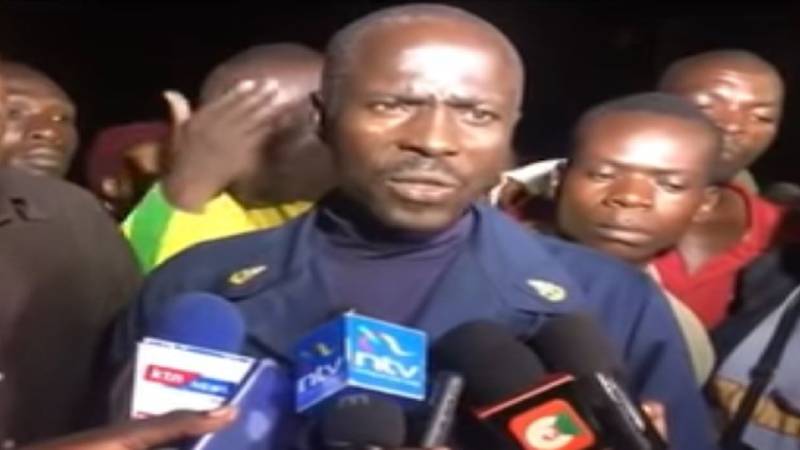×
The Standard e-Paper
Stay Informed, Even Offline

Musa Sila, team leader of Kenya Rescue Team. His team has been tasked alongside the Kenya Navy to retrieve the bodies and the vehicle that plunged into the Indian Ocean. [Courtesy]
After the Sunday evening tragedy, it emerged that the Kenya Ferry Services company does not have emergency teams on its vessels.